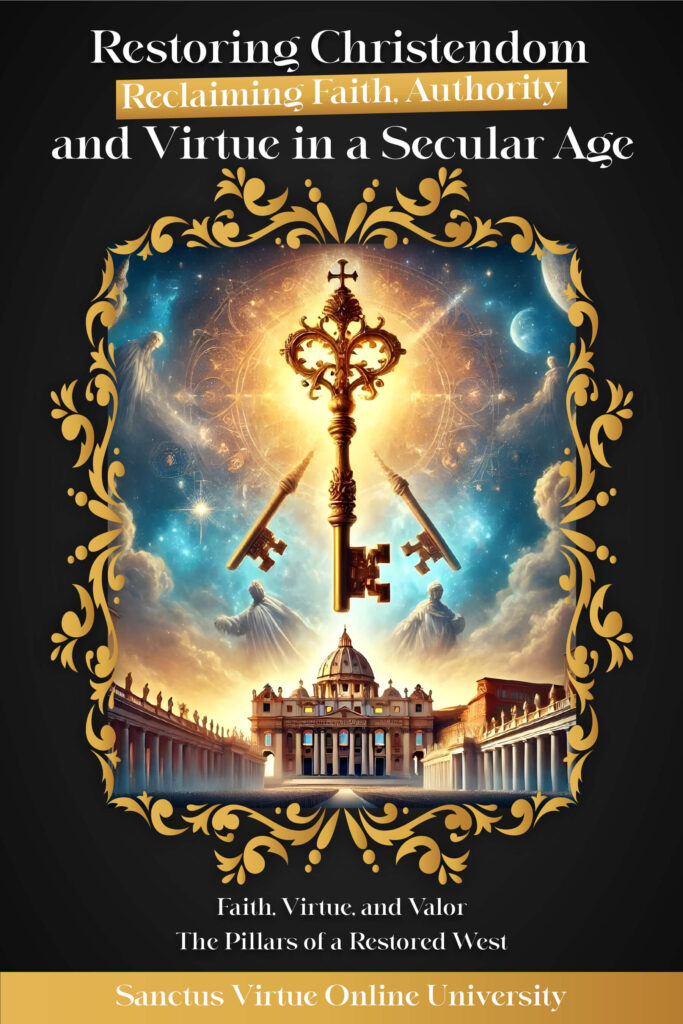In this essential presentation, we explore how the Sacrament of Confession (Penance) is deeply rooted in the words of Christ, the practice of the Apostles, the authority of Apostolic Succession, and the Sacred Tradition of the Holy Catholic Church.
Jesus Christ Himself instituted the power to forgive sins when He breathed on the Apostles and said, “Whose sins you shall forgive, they are forgiven; whose sins you shall retain, they are retained” (John 20:22-23). This divine authority did not end with the Apostles but continues through their successors—the bishops and priests of the Catholic Church.
This video covers:
Biblical foundations for confession (John 20:22-23, James 5:16, Matthew 16:19)
Confession as part of Sacred Tradition and upheld by the Early Church Fathers
The critical role of Apostolic Succession in safeguarding the power to forgive sins
Why Protestantism’s rejection of confession and tradition contradicts Scripture
How the Church’s power of the keys extends Christ’s forgiveness until the end of time
The absolute necessity of sacramental confession for post-baptismal mortal sin
The Catholic Church alone possesses the authority entrusted by Christ for the forgiveness of sins. The Sacrament of Penance remains a sacred encounter with Christ’s mercy—necessary for spiritual healing, reconciliation with God, and restoration of sanctifying grace.
“If you forgive the sins of any, they are forgiven them; if you retain the sins of any, they are retained.” (John 20:23)
“Confess your sins one to another, and pray for one another, that you may be saved.” (James 5:16)
Come to understand why Confession is not a manmade invention, but a divine institution preserved faithfully by the Catholic Church through Scripture, Tradition, and Apostolic Authority.
What is the Sacrament of Penance and why is it necessary for salvation?
What is the Sacrament of Penance, and why is it absolutely essential for the forgiveness of sins committed after Baptism?
The Purpose and Necessity of the Sacrament of Penance – A Catholic Teaching on Confession and Restoration of Grace
Refuting the Protestant Errors of Sola Scriptura and Sola Fide: The Essential Role of the Sacrament of Penance in Forgiving Post-Baptismal Sins
The True Nature of Mortal and Venial Sin, Concupiscence from Original Sin, and the Path to Healing and Restoration
How the Sacrament of Confession is in Line with Holy Scripture, Tradition, and Apostolic Succession

Unlock timeless wisdom with our FREE guide:
Restoring Christendom: Reclaiming Faith, Authority, and Virtue in a Secular Age
Enter your email below to receive your free PDF instantly and join the movement to restore our classical roots!